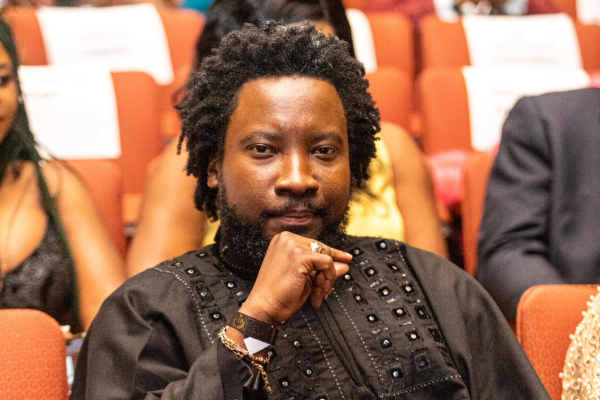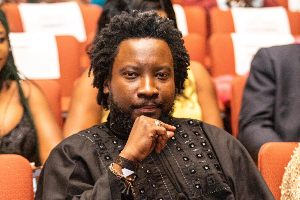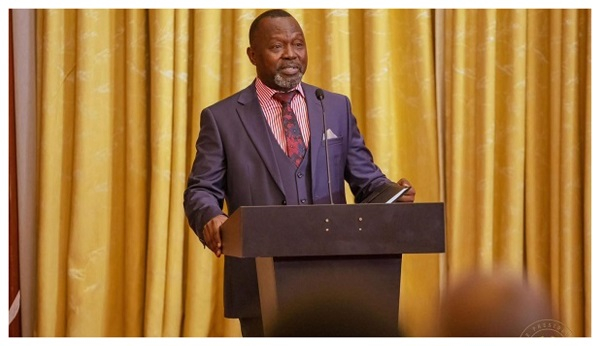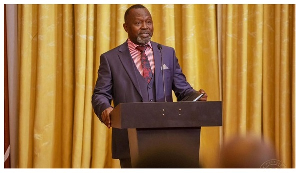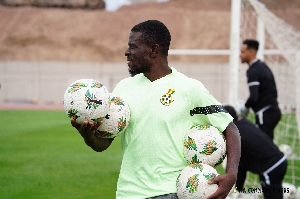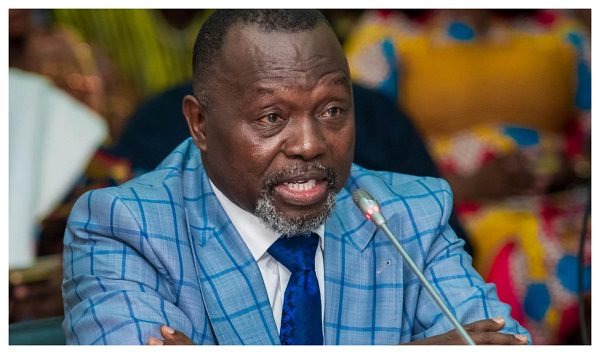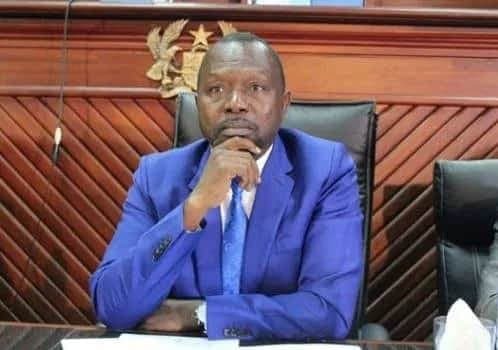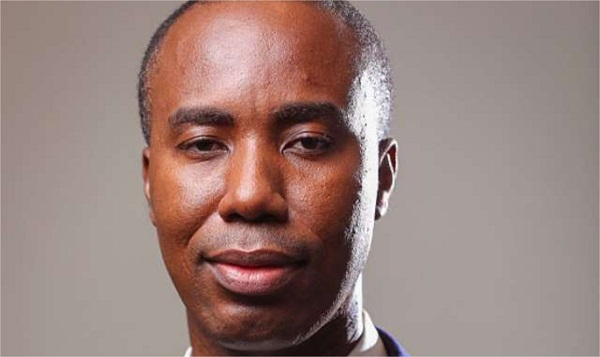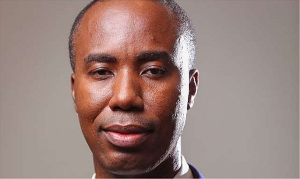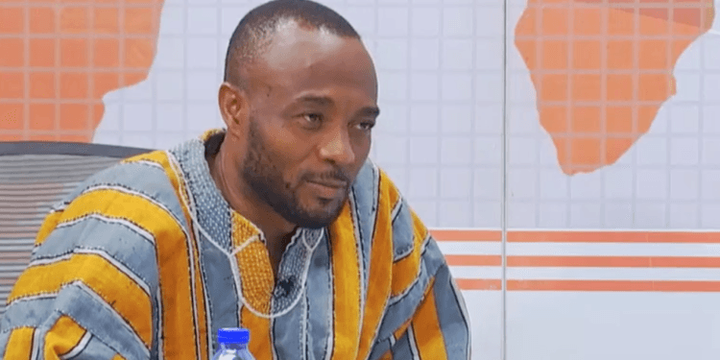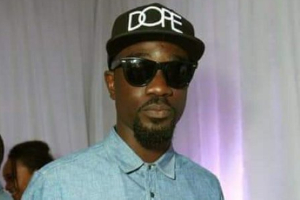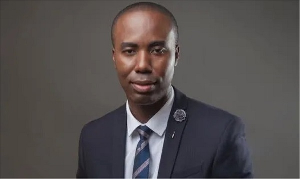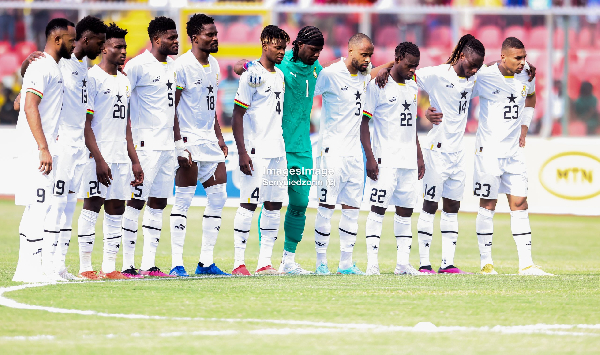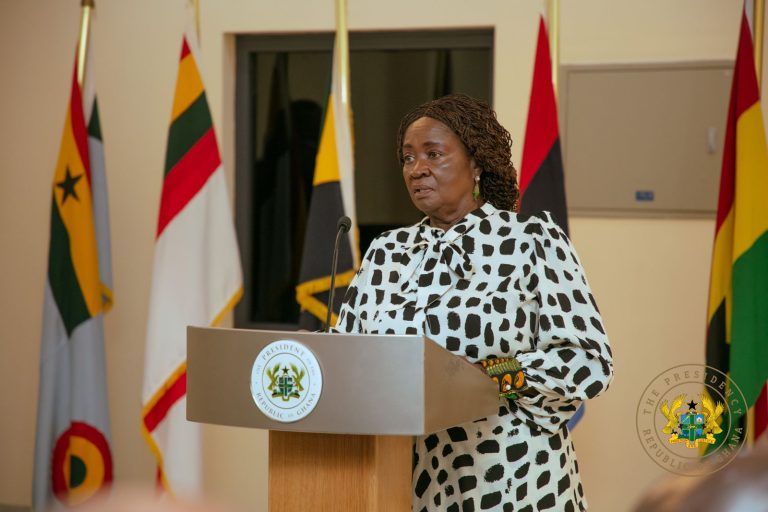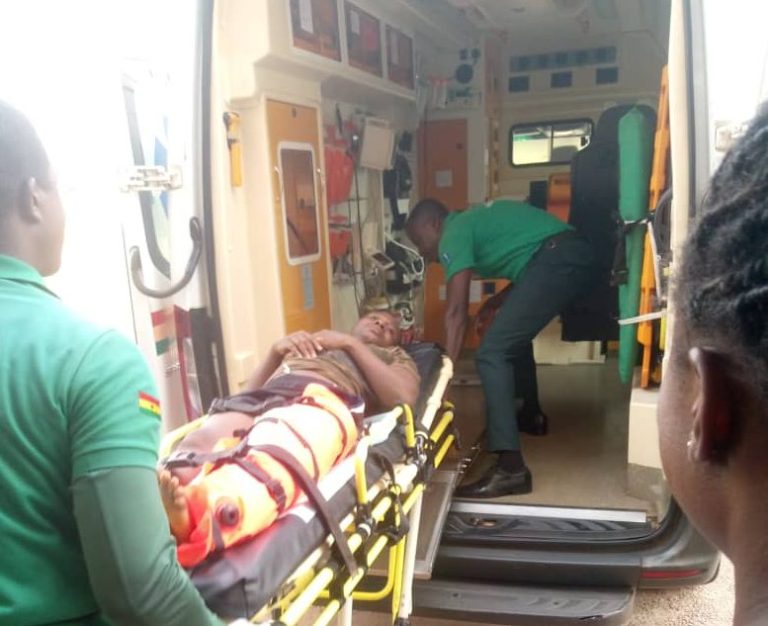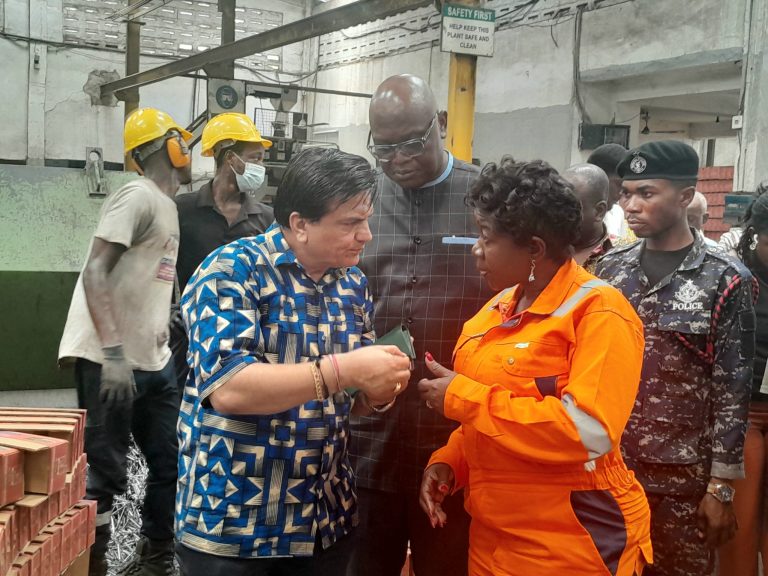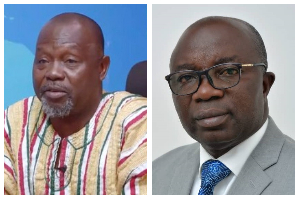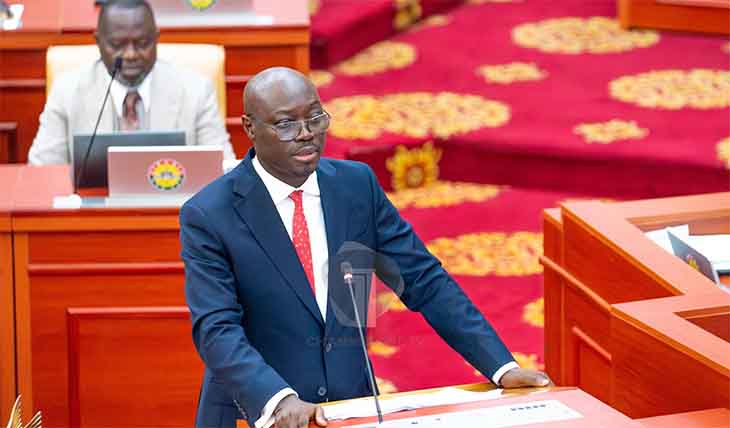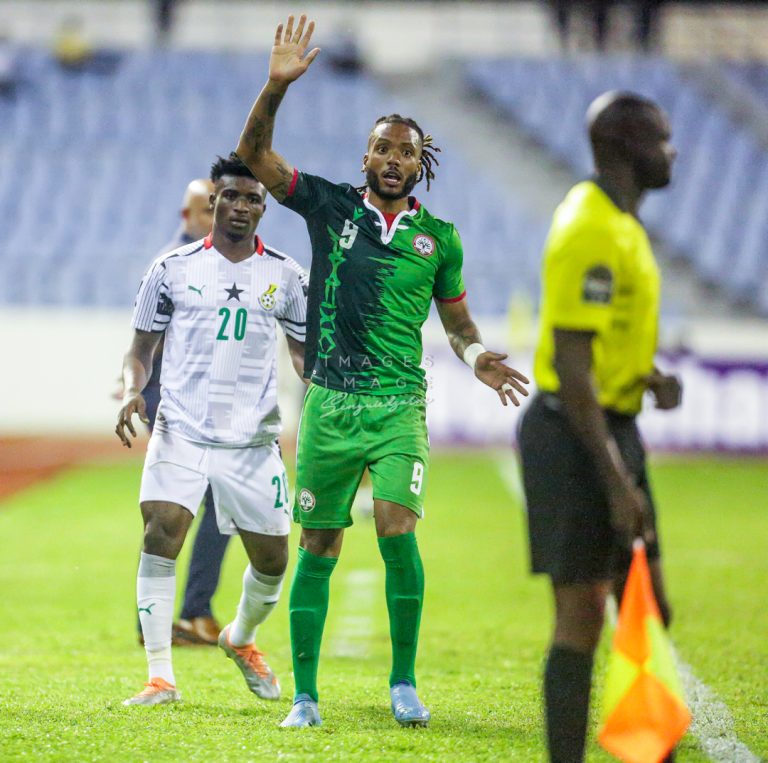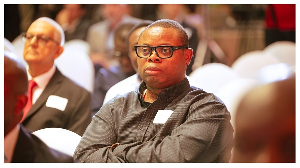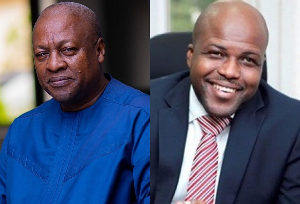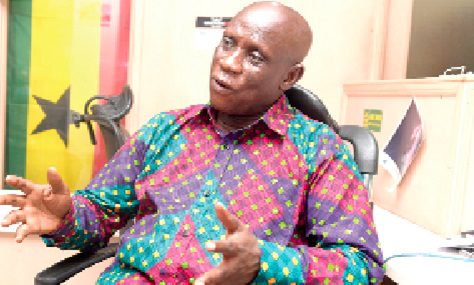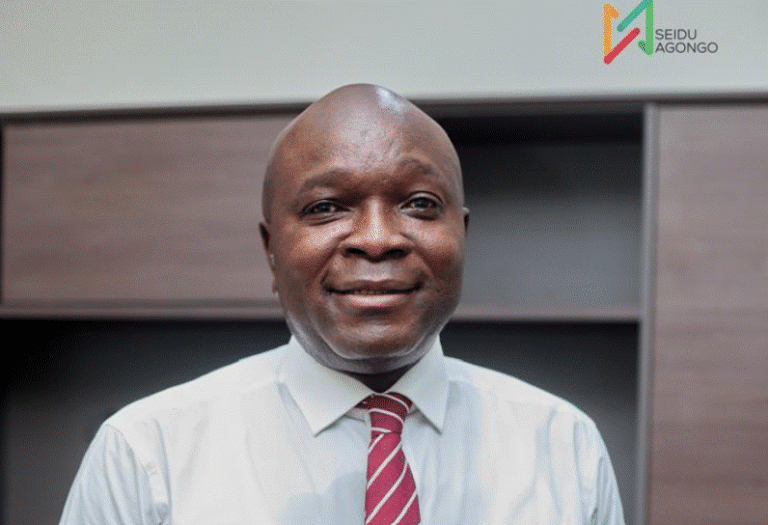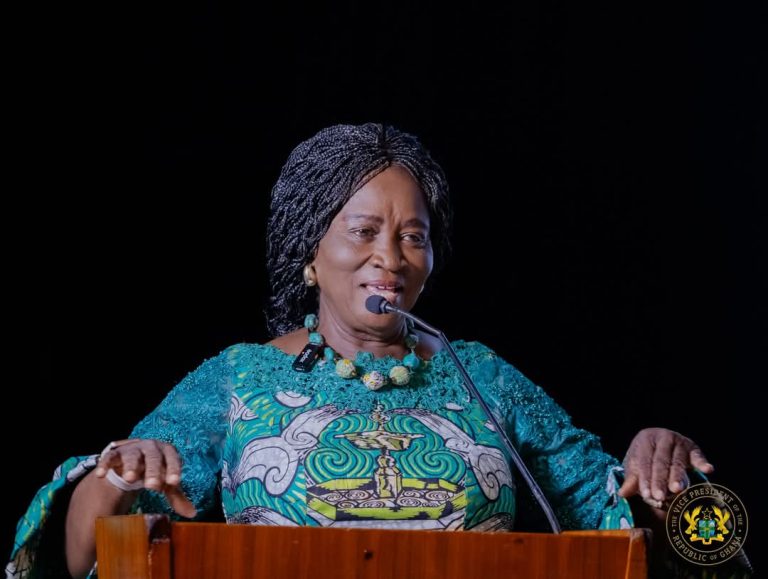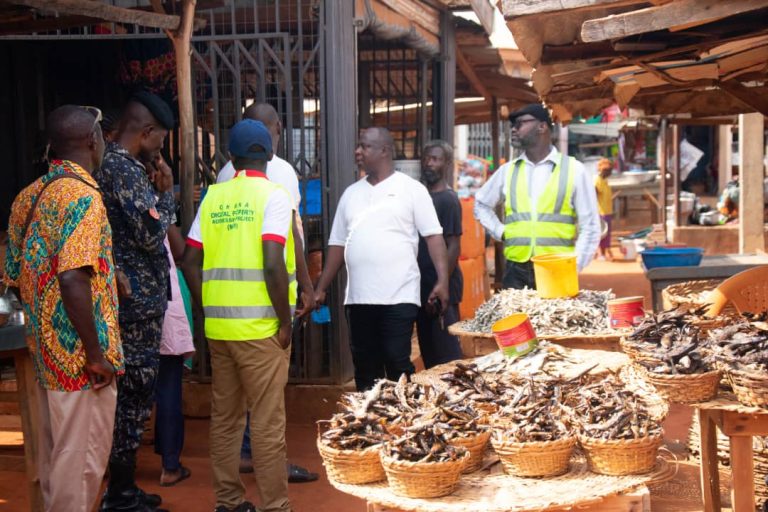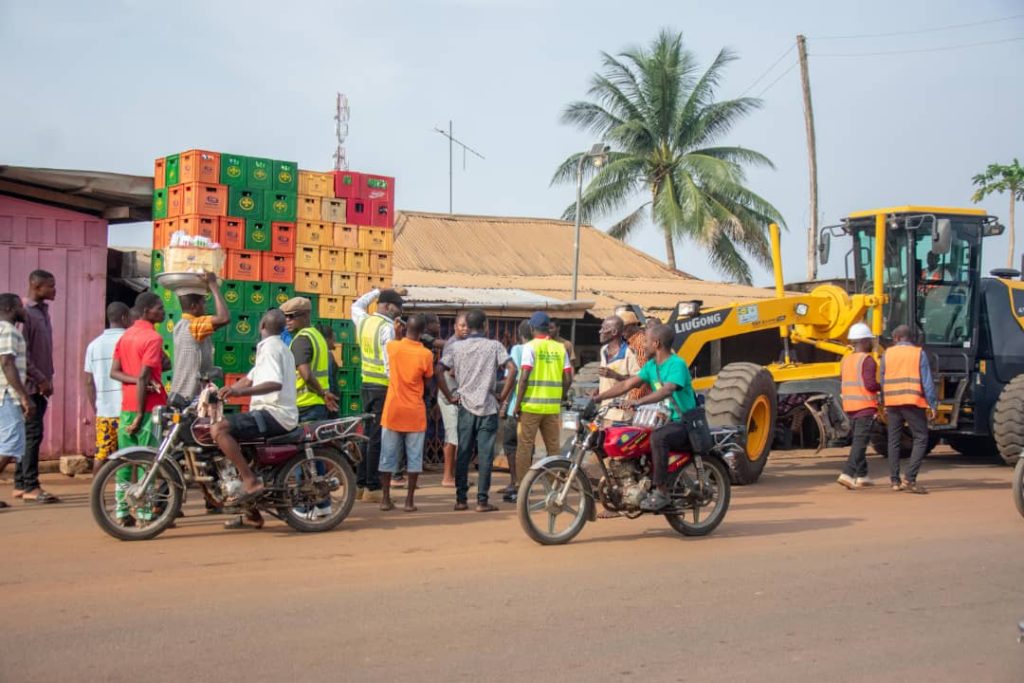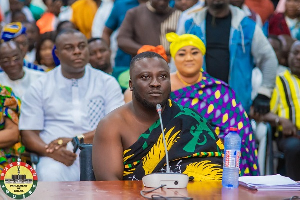Businessman and philanthropist Alhaji Seidu Agongo has outlined a series of measures he believes can help reduce Ghana’s $3.5 billion food import bill.
Ghana’s agricultural sector holds vast potential, yet the country continues to spend billions of dollars annually on food imports. In 2023 alone, Ghana’s food import bill exceeded $3.5 billion, according to Statista, a Germany-based data portal.
In an analysis of the country’s food security situation as sighted by GhanaWeb Business, Alhaji Seidu Agongo noted that this heavy reliance on imports drains the nation’s foreign exchange and stifles local farmers.
He also highlighted Ghana’s failure to produce enough food to meet local demand, despite having arable land and a youthful population.
Agongo pointed out that Ghana imports nearly every food item, including rice and poultry, as local agricultural production struggles due to weak policies and unsustainable interventions.
“Ghana has a growing youth population, with nearly 40% of its citizens aged between 15 and 35, according to the 2021 Population and Housing Census. However, unemployment remains a major issue, with a 2020 World Bank report indicating that 12% of the youth are unemployed, while over 50% are underemployed,” he noted.
He further questioned why, despite these statistics, the agriculture sector has not become a major employer for young people.
“As the population grows, Ghana has failed to produce adequate food for its people, leading to food insufficiency that is almost a national security challenge, if not for growing imports,” he warned.
Despite acknowledging efforts to boost agricultural production dating back to the 1970s, Agongo noted that many of these programs did not survive beyond the Acheampong era.
“More recently, the Planting for Food and Jobs (PFJ) initiative, introduced in 2017, aimed to support farmers and improve food production. While the program had multiple phases, reports from farmer-based organizations and civil society groups suggest it faced several challenges that limited its success,” he added.
According to Agongo, nearly GH¢3 billion was invested in the first phase of PFJ between 2017 and 2023, yet food imports continued to rise.
“If these programs had succeeded, we wouldn’t still be grappling with rising food prices and a high import bill,” he argued.
See his full analysis below:
How to boost agriculture and cut Ghana’s over $3.5bn food import bill
Ghana is home to some of the world’s best arable lands, yet it is the country with one of the biggest food import bills.
Food imports cost the country over $3.5 billion in 2023, according to Statista, a German-based online data portal – draining Ghana’s already strained foreign exchange and further straggling local farmers.
As a nation, we import almost everything edible – from rice to offal, locally called ‘yemuadie,’ as local production continues to suffer largely due to limited policy interventions that can stand the test of time.
These are even though the country has a bubbling young population and worsening unemployment rate. The 2021 Population and Housing Census showed that nearly 40 percent of Ghanaians are aged 15-35 years, the age bracket considered golden, youthful, energetic and smart for national development.
Sadly a 2020 World Bank report shows that 12 percent of the youth are unemployed and more than 50 percent are underemployed.
With many youths idling after fruitless searches for jobs, one would have thought that farming and food production would have become the ‘go to’ or at least ‘makeshift’ occupation or jobs for these youngsters to make ends meet while hoping to land their dreams jobs to build careers.
Unfortunately, this is not the case. As the population increases, Ghana has failed to produce adequate food for its people, creating food insufficiency that is almost a national security challenge, if not for the growing imports.
Past efforts
This is not a new problem. Since independence, Ghana has struggled to produce enough food for its citizens, resulting in various interventions by previous governments to address the bottlenecks, soar up domestic food production and cut down on imports for the economy to breath.
Perhaps, the most popular of them is Colonel (rtd) I.K. Acheampong’s Operation Feed Yourself launched barely a month after he captured power in 1972.
The program aimed to encourage more Ghanaians into farming while energizing traditional farmers to increase production.
To achieve this, the government supported the program with subsidized farm inputs, access to credit facilities and duty-free importation of agricultural machinery. It also recruited extension officers to support farmers apply good agronomy practices to help increase production.
There were also sustained public sensitizations, drawing enthusiasm from Ghanaians for the program and resulting in broad-based participation by the populace.
The results were largely satisfactorily though the fruits could not be sustained beyond the Acheampong regime.
Subsequently, various governments embarked on similar programs with similar intentions.
Planting for Food and Jobs
The most recent government intervention to address the food security challenge is the Planting for Food and Jobs initiative. Introduced in 2017, the program was spearheaded by the Ministry of Food and Agriculture aimed at supporting farmers and other citizens to produce food.
It took different shades, with people interested in raring also supported to increase livestock production. A phase two was also launched in 2023.
Though a great initiative, reports from farmer-based organization, civil society groups and non-governmental organizations (NGOs) showed that the PFJ faced several challenges, leading to limited successes.
Indeed, the country’s sustained and worsening food import bill shows that none of these agricultural programs succeeded as expected. And if they did succeed, today’s food challenges show that the successes and/or the programs have not been sustainable.
This is despite the fact that millions, if not billions of Ghana cedis, from state and donor funds have been poured into these interventions.
In the case of the PFJ for instance, reports showed that almost GHS3 billion have been poured into the phase one (between 2017 and 2023). Additional spending was done on the phase in 2023 and 2024.
Tracking the mistakes
With the scarce national resources being used to fund these programs, everything must be done to ensure that we get adequate and sustainable results from such interventions.
This begs the question what did we get wrong in the previous programs? This is critical given that efforts are underway for the government to intervene in similar fashions to help encourage food production and reduce the import bill.
Key among these is the need to leave agriculture and professionals and experienced people.
Like all professions, agriculture is a specialized area, requiring one with adequate expertise and experience to succeed in it. Policy interventions and programming must, therefore be initiated and led by professionals.
The tendency to allow politics lead the way is dangerous as has been seen in the most recent past.
There are also low hanging fruits that the country must aim to plunk.
I list them below in no order.
1. Rice production
Rice remains a staple food in Ghana, yet domestic production covers only 40 percent of the demand.
By increasing investment in irrigation, mechanized farming, and improved seed varieties, Ghana can significantly boost local rice production.
The National Rice Development Strategy is a step in the right direction, but additional government and private-sector partnerships are needed to enhance processing and reduce post-harvest losses.
2. Poultry business
Ghana imports nearly 95 percent of its poultry meat, amounting to a market value of approximately $400 million every year.
With the right investment in modern poultry farms, feed production, and processing facilities, local production can be scaled up to meet domestic consumption needs.
Encouraging smallholder poultry farmers and providing them with access to financing and technical training will be crucial.
3. Livestock and meat processing
With meat and edible meat offal imports surpassing $210 million in 2023, there is a strong case for expanding the local livestock industry.
Investments in cattle, sheep, and pig farming, along with the development of meat processing plants, will help Ghana reduce its reliance on imported meat.
4. Value-added food processing
Ghana’s food processing industry remains underdeveloped, leading to increased importation of processed foods.
Investing in agro-processing infrastructure can help add value to locally produced crops such as cassava, maize, and soybeans. Supporting food entrepreneurs through incentives and financing will enable them to produce high-quality consumer-oriented food products, reducing imports.
5. Irrigation and water management
One of the major constraints to increased agricultural productivity in Ghana is the lack of irrigation infrastructure. With only 11,000 hectares under irrigation, expanding water management projects will enable farmers to produce crops throughout the year.
Implementing modern irrigation techniques such as drip irrigation and solar-powered water pumps can significantly boost agricultural output.
6. Leveraging youthful population
With 67% of Ghana’s population between 15 and 64 years old, there is a large workforce available for agricultural activities. Encouraging youth participation in agribusiness through training programs, financial support, and modern technology can enhance food production. Youth-led agritech startups can also contribute by introducing innovative farming solutions.
Conclusion
Ghana has the potential to transform its agricultural sector by utilizing its vast arable lands, water resources, and youthful workforce.
Reducing agricultural imports will not only save foreign exchange but also create jobs and ensure food security.
As the International Trade Administration said in 2023, by investing in irrigation, mechanization, livestock farming, and agro-processing, Ghana can position itself as a food self-sufficient nation, reducing its reliance on costly imports while boosting economic growth.
MA


